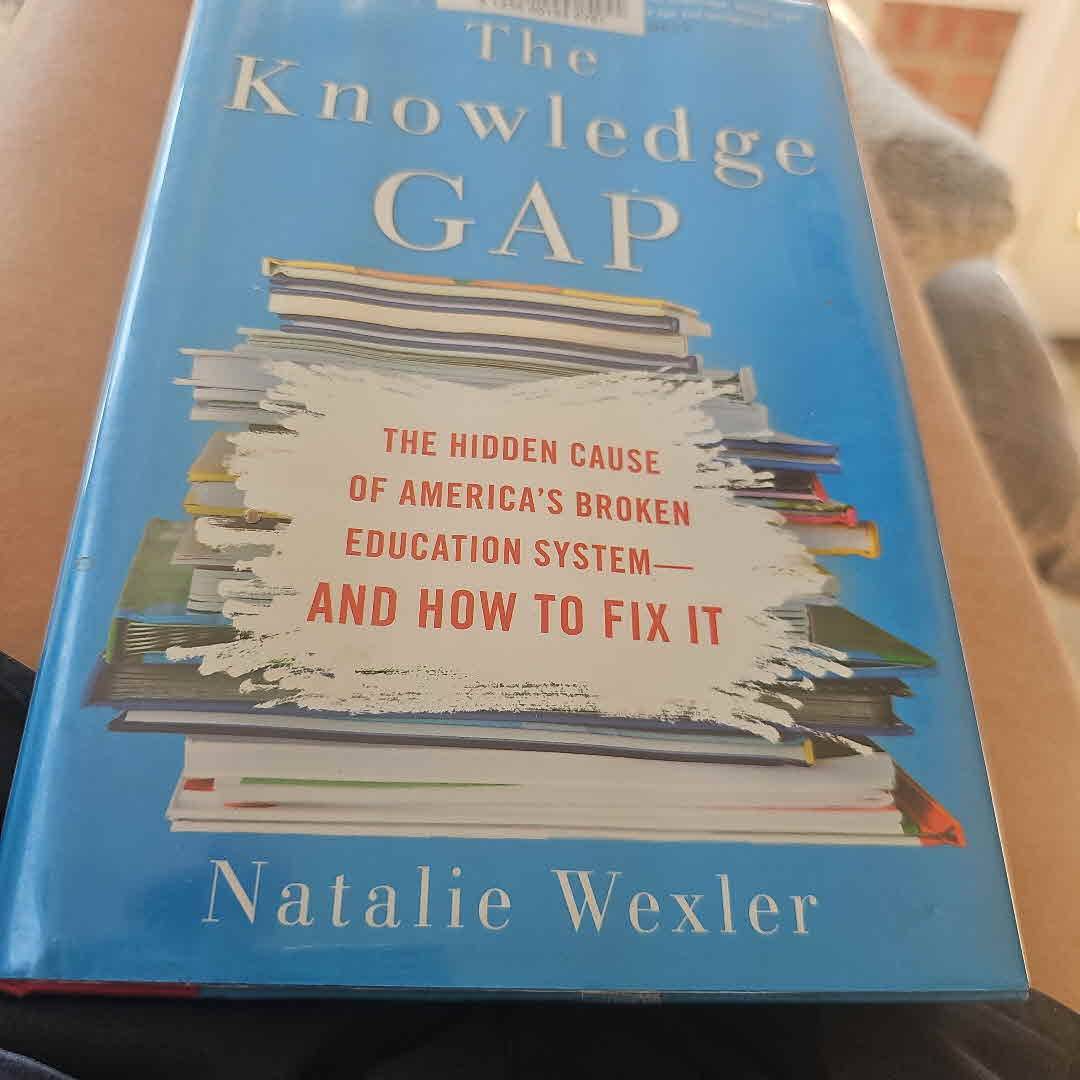
It was hard for me to grasp the gist of this book. I understood that she's proposing content driven curriculum but I couldn't follow HOW to do it and what to do. Overall I was disappointed. Felt like a merry-go-round

It was hard for me to grasp the gist of this book. I understood that she's proposing content driven curriculum but I couldn't follow HOW to do it and what to do. Overall I was disappointed. Felt like a merry-go-round
Chapter 3
This chapter helped me think more about what it looks like to support a whole class of readers. I like how Kittle balances structure and trust. She's paying attention without turning reading into a chore. Tracking page numbers just to check in, not to grade, really stood out. The part about helping students set personal goals also made sense. It's like a way to help them take ownership without making it all about points.
I worry about my ability to meet students where they are while also pushing them. It seems contradictory, but necessary. I also think it is important to keep in mind that if I know that a student doesn't like reading that they might not want to be aware of the fact that I'm challenging them but when they realize over time how theire reading habits have changed it will make them feel good.
I spent a lot of time with the idea that just because a student struggles with reading or maybe doesn't enjoy it, it doesn't make them a bad student and shouldn't be viewed differently. I love reading now, but for years I didn't and felt shamed for not reading in my spare time. It helped when there was a movie to the book i was reading so i will keep that in mind when suggesting books for students who are like i was.
I like the idea of pushing myself when it comes to reading on my own personal time. I normally stick with the same genres because I know it's what I like. While I don't think there's anything wrong with that, I should start branching out because how can I encourage my students to do that if I don't?
Chapter 2
Building off my first post, this chapter really made me reflect on how I support students as readers. It really took the thoughts I had from chapter 1 and apply it to myself. I see the value in helping students build stamina with books they choose. I want to be the kind of teacher who helps students grow from where they are, not where I wish they were. It's less “teaching books“ and more teaching students how to be readers.
Chapter 1
I thought this was a very strong opening to the book. Kittle makes a strong case for giving students time and choice when it comes to reading, which is something we have discussed extensively in our classes. That part about how kids need space to discover what they actually enjoy felt especially true. It reminded me how easy it is to overlook that aspect in a classroom.